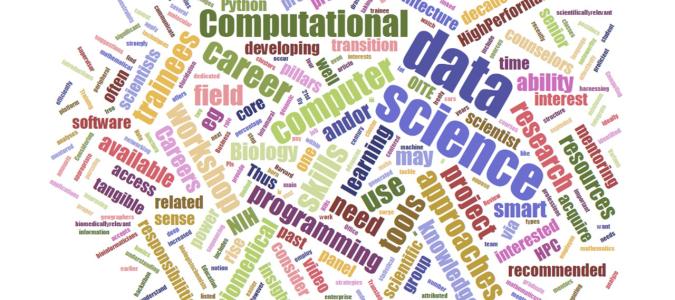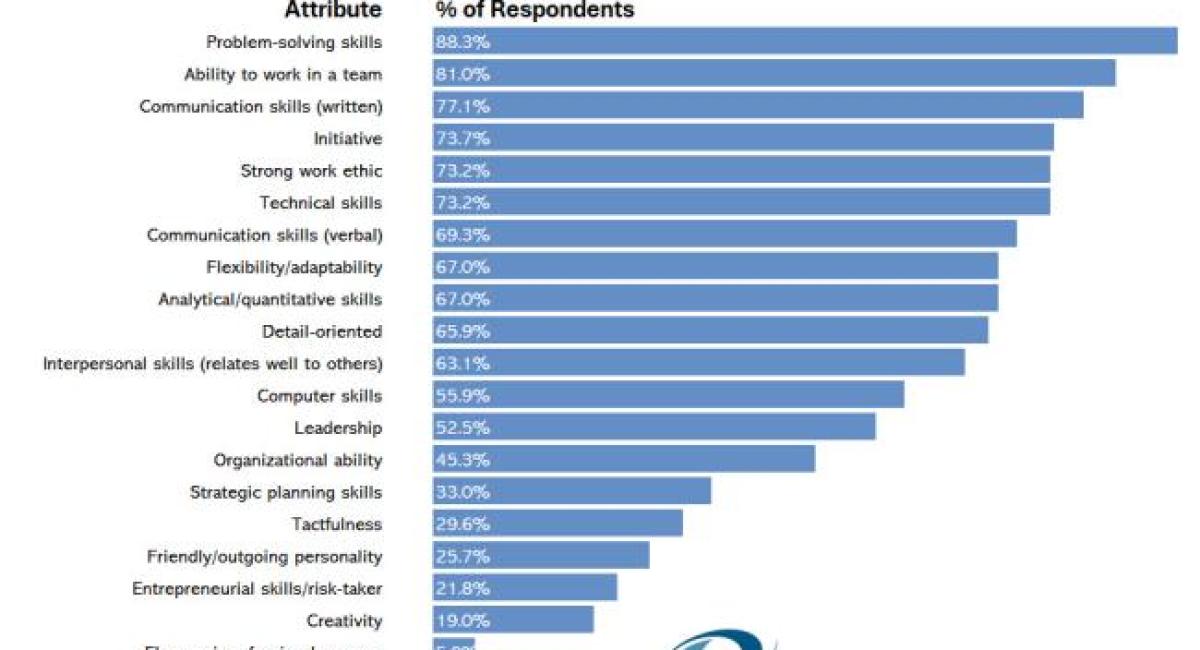In recent weeks, many well trained and educated fellows have been offered positions in industry and other non-academic settings. While that is good news, some were caught off guard because they were asked about salary requirements, start dates, or seemingly offered the position. Traditionally, large corporations and academic departments extend job offers by telephone after the interviews are over and you are at home, eagerly awaiting the call. However, during some industry interviews in small or medium sized companies, they may ask you these questions as part of the interview.

Handling Unanticipated Interruptions at Work
One of the most predictable workplace variables that successful scientists can learn to control for is an unexpected work interruption. These breaks in service can range from changes in staffing and equipment malfunctions to anticipated breaks in the work due to the economy and/or inclement weather. Naturally, during such events (predictable or not), you will experience a range of reactions including awkward excitement, anxiety, fear, panic, frustration, anger or even avoidance and denial. As a future professional, you will be expected to have the skills to manage such reactions and continue to act professionally as a leader.
Tips on Applying for Federal Jobs: Take Your Time and Do It Right
In recent weeks, the National Institutes of Health, and other federal agencies have posted several positions for scientists that have captured the attention of interested fellows. To help you prepare, the Office of Training and Education (OITE) recommends that you view the NIH YouTube video, How to Apply for a Job with the US Government. In addition, here are some additional tips to help you prepare a strong federal job application. It takes time to review applications and fill out the application. Where are the positions and what GS level should I apply to as a Post Doc?

The Way to Go: SMART Career Resolutions
Happy New Year! It is that time of year to make career resolutions that you will accomplish during the next 12 months. Two years ago, in the New Year Careers Blog we suggested that trainees make an appointment with a career counselor.
Waiting is Hard to Do
Blog written by Michael J. Sheridan, MSW, PhD, Special Advisor for Diversity and Wellness Programs, [email protected] It is December 2017, and while many are preparing for holidays, if you are trainee, you are probably asking yourself, “I haven’t heard back from a number of medical schools, is there something I can do to move them along? Should I assume I won’t get in? Will I get an interview at the graduate programs that I applied to? I am waiting to hear from academic positions …is there anything I can do? The good news is that, if you haven’t heard anything yet, you are still being considered.

Building Bridges Towards Your Career During the Holidays
Cheers! The months of November and December is the time, annually, when workers from the NIH and across the globe take time to celebrate and relax. During this time, the communication between future job and graduate school opportunities slow down for a couple of weeks. Even if your research is continuing, PIs and trainees may take a few days off.

Considering a Career in Biomedical Data Science? What you need to Consider
Word Cloud Created by Jodian Brown using the generator found at https://www.jasondavies.com/wordcloud/ Written by Jodian Brown, Ph.D., Computational Chemistry, IRTA Postdoctoral Fellow OD/OIR/OITE, National Institutes of Health Data science – it is a field of study that has exploded over the past few years. Consequently, there is a lot of interest from our trainees.
Thank You Notes
Heads Up! With Thanksgiving, right around the corner, it is a terrific time to remind those of you who are (or will be) interviewing for professional schools, jobs and fellowships to send thank you notes. One of the standard steps of applying for opportunities, this type of professional correspondence is often overlooked by applicants. In many situations, a thank you note can be influential in moving you to the next stage in the process, or even obtaining an offer.

Making Career Searches Less Scary
During a recent OITE workshop on the topic of career planning, trainees from all levels described finding the job search process “scary” and had feelings of fear and stress regarding approaching the next steps.
For post bacs, applying to graduate, medical and other professional schools can sometimes feel like an uncharted maze at Halloween. For post docs and visiting fellows, hearing the scary stories about pursuing academic careers, making the big step into industry, or searching for jobs in the US and abroad country is akin to walking in the dark in uncharted territory.
How to Have Productive Career Counseling and Pre-professional Advising Sessions
Many of our NIH post bacs, postdocs and graduate students ask the question, “What can I expect from my counseling or advising meeting?” To answer this question fully is to realize that the route to having successful counseling and advising sessions, like any relationship, is a two-way street.





